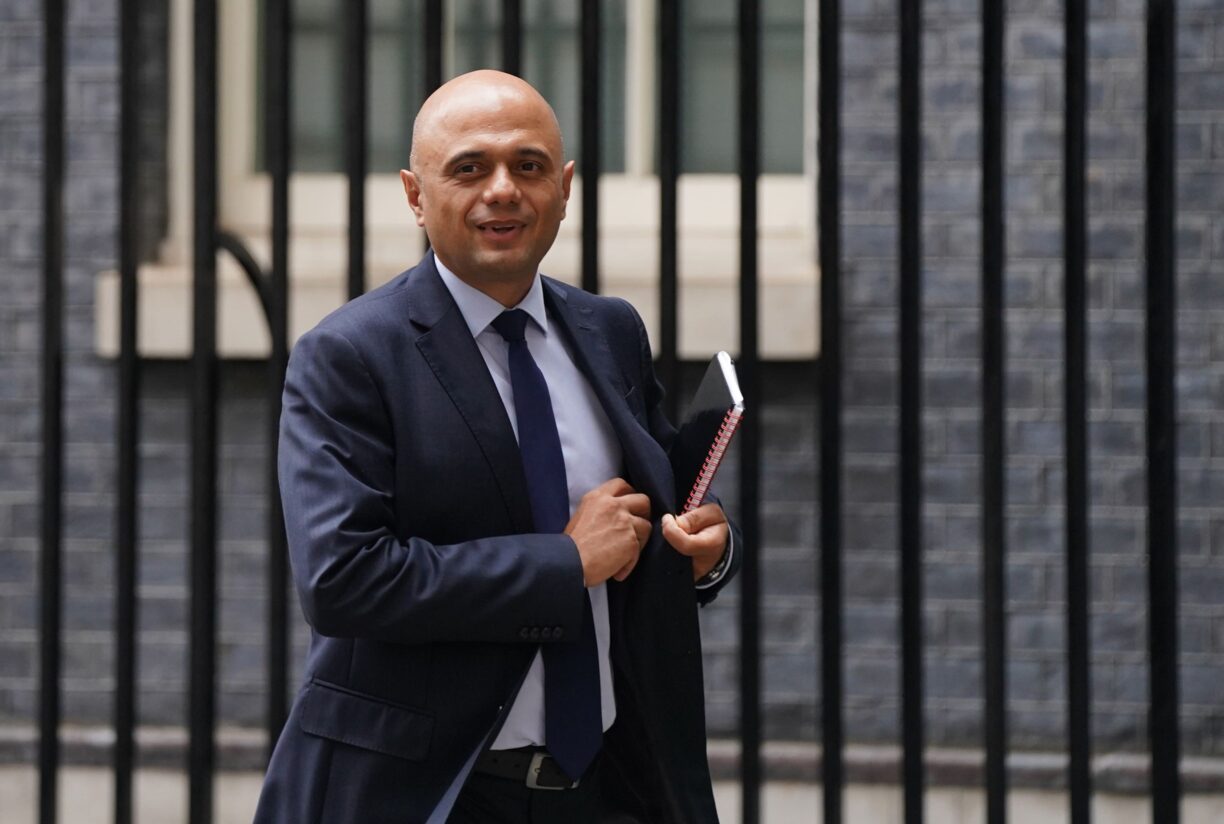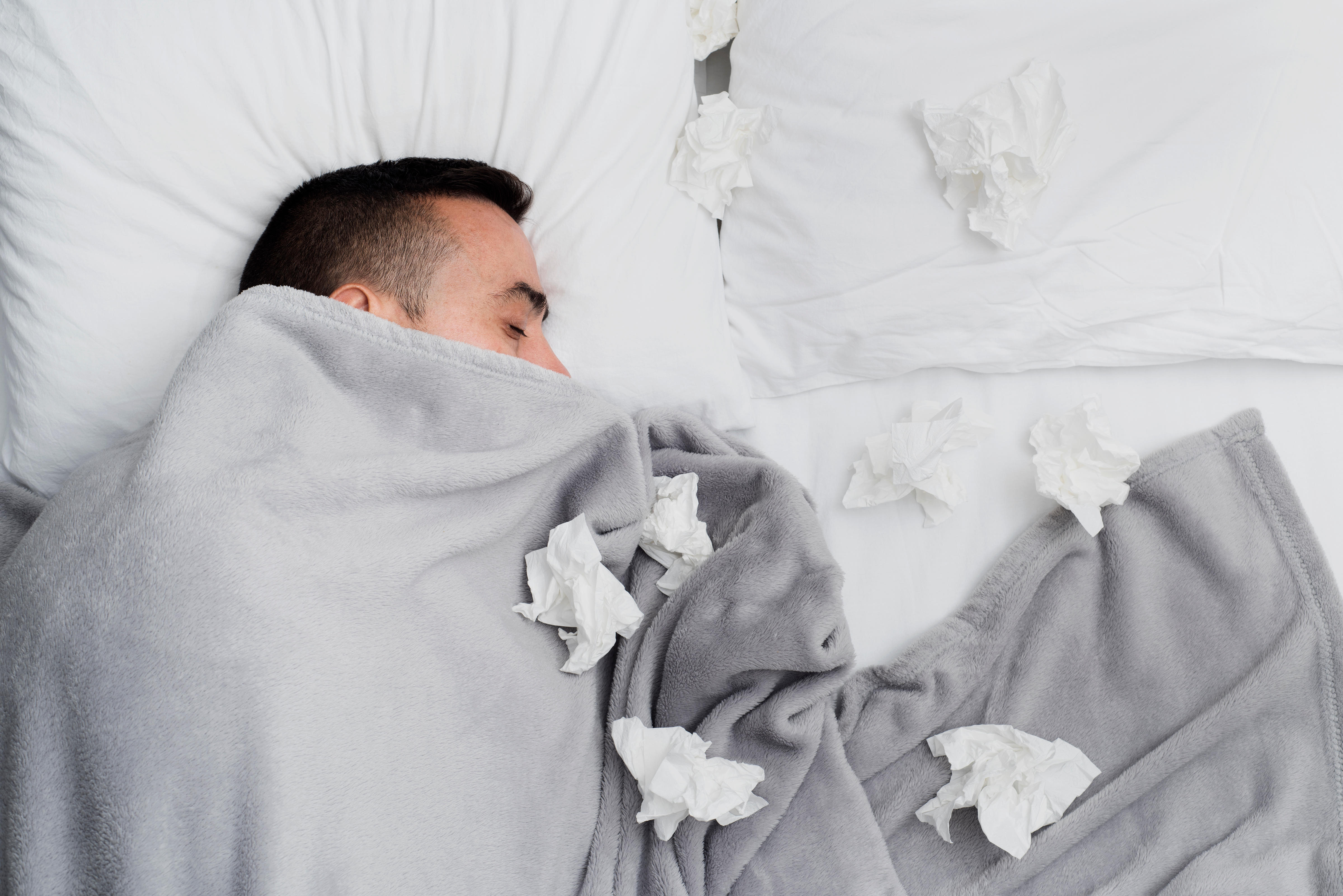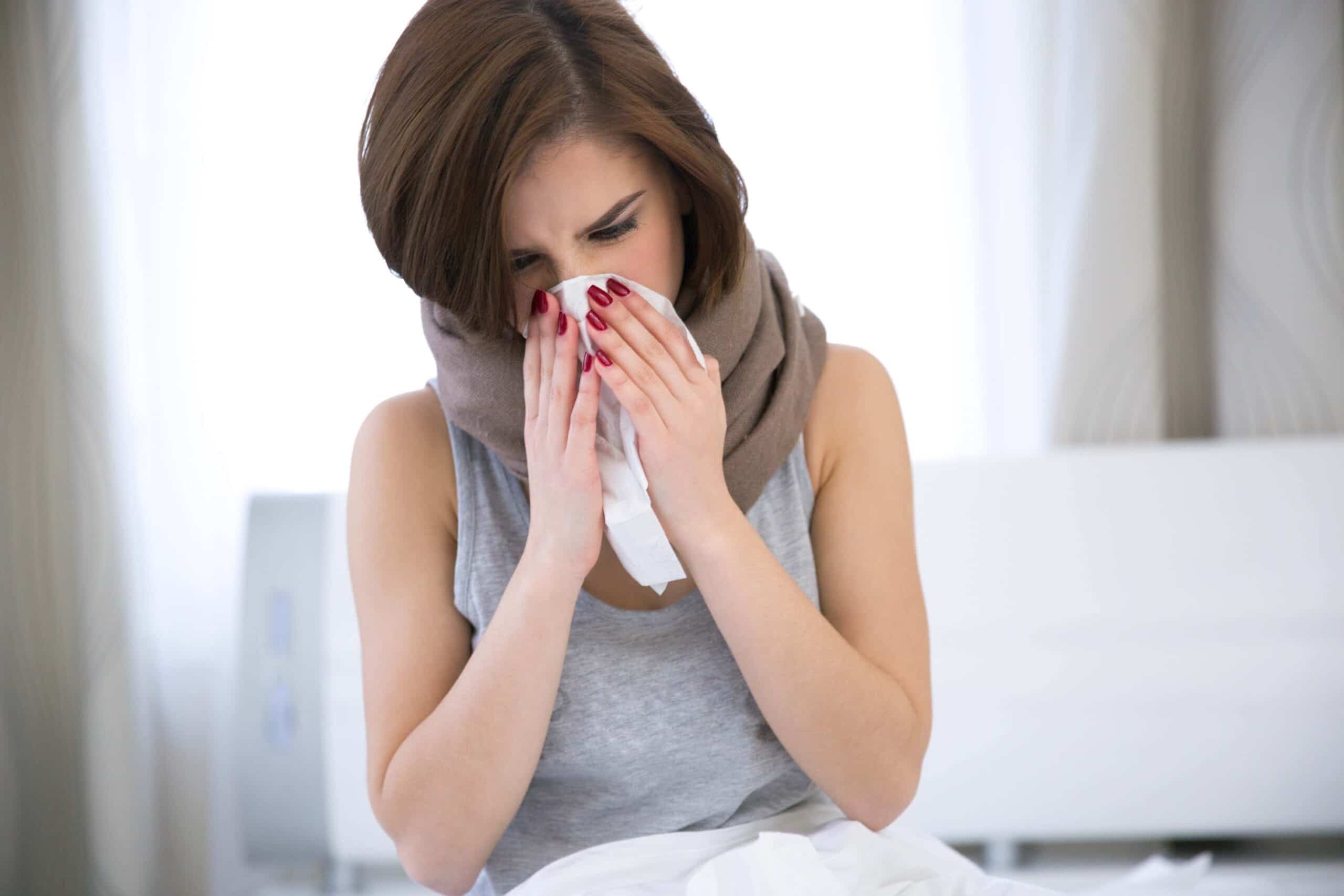It seems we might be in for a rough winter for viruses.
Health Secretary Sajid Javid has told the Commons that flu is a “really significant risk – not least because for reasons that we are all familiar with, there wasn’t much flu last year”.
He said: “There is a lot less natural immunity around in our communities and the flu vaccine itself, the flu vaccine not just in the UK but being deployed across Europe, has less efficacy than normal but it is still effective. It is still a very worthwhile vaccine and that’s why we will be trying to maximise uptake.”

So exactly how worried should we be about flu?
Pharmacist Duncan Reid, from Pharmacy2U, says this year’s ‘flu peak’ is likely to be more severe than usual.
“More people are likely to get flu this winter as fewer people will have built up natural immunity to it during the Covid-19 pandemic.
“Lockdowns and social distancing measures, coupled with increased hygiene awareness to reduce the spread of Covid also helped to stop the spread of the flu [last winter].
Due to this, the immunity to flu throughout the general population has decreased.
“This lower immunity in the community combined with other factors, including workers returning to offices as well as more people catching public transport, could lead to flu cases rising. It’s likely that this season’s flu peak will be more severe than expected due to this, although this is hard to predict.”

Rising flu and Covid cases, will place “increased pressure on health services”, he adds.
In today’s climate though, understanding the symptoms and getting a diagnosis might feel more difficult.
“Currently, it can be hard to know what to do if you’re unwell or have a concern about your health, as people are unsure whether their health concern requires a GP or hospital visit,” says Reid.
“However, it’s vital that people get medical help if they think you need it, keep any appointments or procedures that are booked, and go to hospital if advised to. It’s also important to remember that doctors’ surgeries and hospitals have made significant changes to ensure it’s as safe as possible for people to be seen during the pandemic. A pharmacist can give treatment advice and recommend flu remedies.”
You can also call 111 for advice.

“If you get flu and Covid-19 at the same time, research shows you’re more likely to be seriously ill,” says Reid. “Yet it’s recently been announced that people can have their Covid vaccine only one week after having their flu jab.
This will undoubtedly keep flu cases as low as possible. There is also continuing research to see whether the Covid vaccines and flu vaccine can be administered alongside each other.”
Reid says the flu vaccine is “hugely important” for the public, especially because misinformation and myths about flu remain a danger.
“Getting a flu vaccination, especially if you are in one of the high-risk categories, can help to protect you and those around you and also help to reduce the pressure on the NHS,” he says.
“If you’ve had Covid-19, it’s safe to have the flu vaccine. It will still be effective at helping to prevent flu.”





